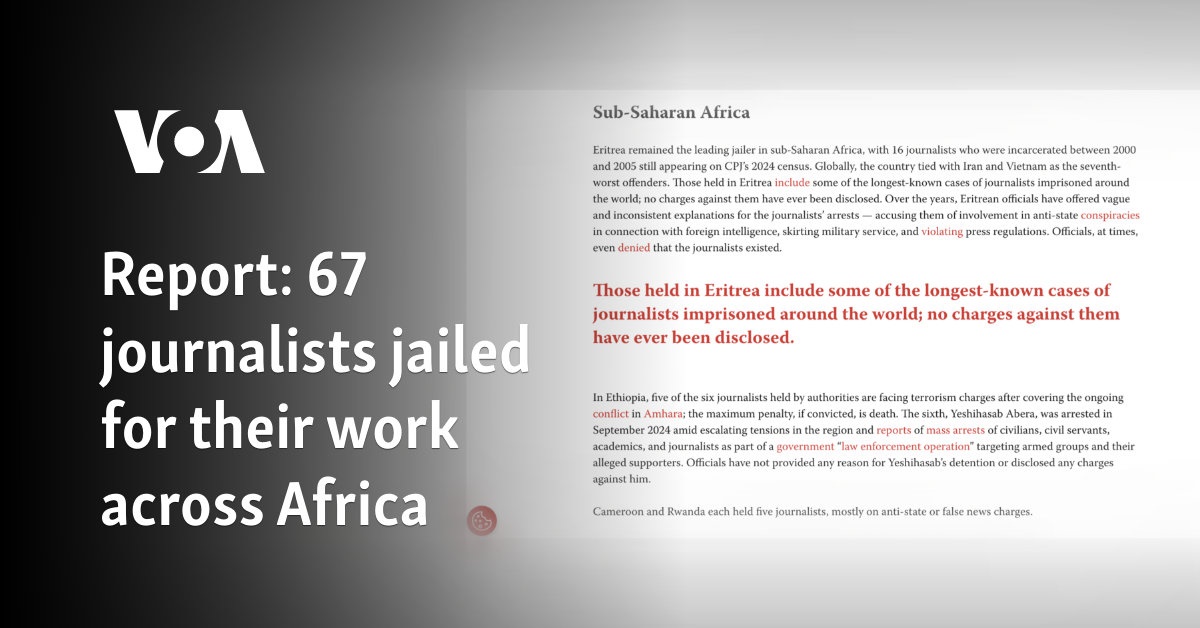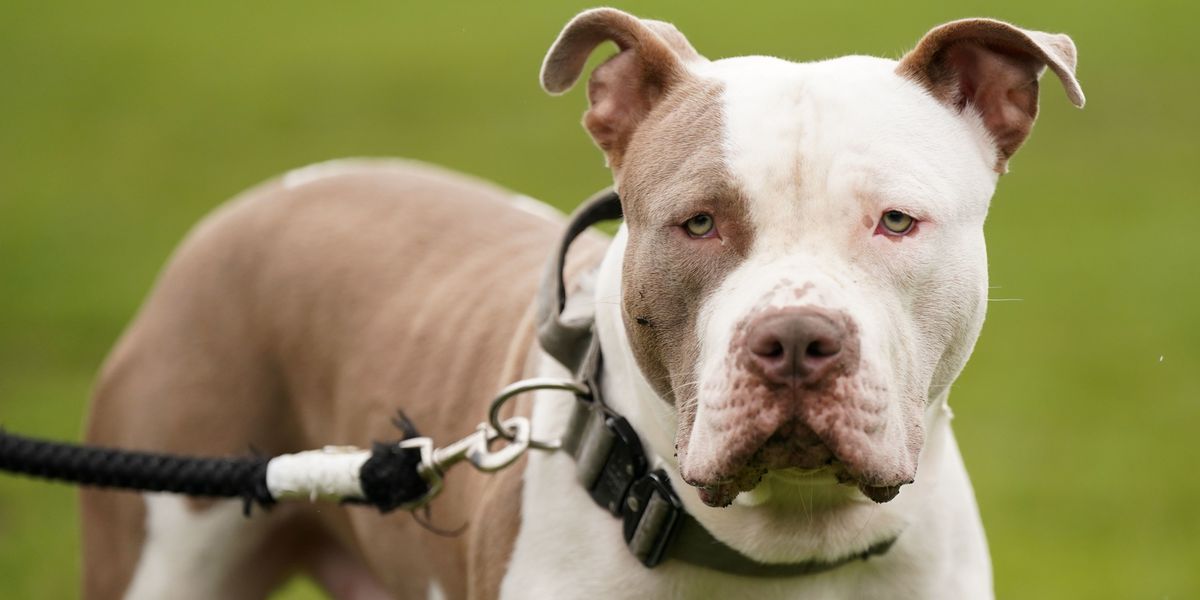By Dr Decius Chipande
Africa’s women did us proud at the Paris 2024 Olympic Games. From Kenya’s Beatrice Chebet winning the athletics 5 000m and 10 000m gold medals and Algeria’s Kaylia Nemour clinching Africa’s first-ever gymnastics gold (on the uneven bars), to South Africa’s Tatjana Smith swimming to gold in the 100m breaststroke, it was a glory-filled two weeks for our continent’s elite female athletes.
But this success at international level only scratches the surface of African women’s sporting prowess. Women and girls in Africa remain vastly underrepresented in all facets of sport, from administration, coaching and leadership positions to actual participation and competition. In many sectors of our society, sport is still seen as a masculine pursuit.
It boggles the mind to realise that out of every 100 hours of sports media coverage, only 15 hours are devoted to women’s sport – but promisingly, this is up from a paltry 4% a few years ago, thanks to the rise of streaming platforms and clips shared on social media.
While there are green shoots of progress in evidence, women’s sporting codes still receive only a fraction of global sports sponsorship, and men still dominate coaching positions at competitive level. And let’s not even get into the gender pay disparity between women and men in professional sports. There is a steep mountain to climb to achieve equality.
In addition, Africans with disabilities are also often excluded from sport and sport for development, either due to prejudice or a lack of access to suitable sporting facilities. Our continent’s incredible para-athletes won a collective 64 medals at the Paris 2024 Paralympic Games, yet with more funding, awareness, systemic support and facilities for para-sports, this tally could easily be doubled or even tripled.
The inspirational saying goes, “If you can see it, you can be it.” This is why it is so important for Africa’s girls, women, persons with disabilities and other marginalised groups to see people like themselves taking part – and excelling – in sport.
If they can see themselves in the Maria Mutolas, Tegla Loroupes and Kady Kanouté Tounkaras of our continent – or even in the local girl who out-dribbles the boys on the makeshift football pitch in her rural village – they will gain more confidence to venture onto the field, pitch, court or boardroom.
The African Union Sports Council’s new Keep Moving campaign aims to turn the tide to address this imbalance in our sporting landscape. We are guided by the AU’s Agenda 2063 vision to achieve “the Africa We Want” – a prosperous, thriving continent alive with opportunities for all.
Through this campaign, we are highlighting positive role models and success stories at community, club and elite levels to encourage more people from marginalised groups to take part in sport – and reap the rewards that an active lifestyle can bring. These include enhanced physical and mental health, the social benefits of teamwork and an improved mood and sense of self-worth, amongst many others.
I’m living proof of this. I’ve always loved sport – although these days more as a spectator than as a player. I used to play and coach a bit of basketball, but now I mainly keep fit through running. I love watching basketball and football, including African and club football. I have such an affinity for sport that I studied sports science and sports history, and I have written about it academically. It’s in my DNA.
And how did I develop such a passion for sport? Simple: I became physically active at a young age. I was drawn in by the passion, the emotion and the commitment that sport requires. I’ve seen how sport can bring a diverse range of people – men, women, persons with disabilities, different races and cultures – together on the field, in the stands, in front of the TV, cheering and immersing themselves in the thrill of competition.
That’s why we want to encourage young people to embrace sport as a way of life. Once we develop a love of sport in our tender years, it never goes away. You don’t need to be the best at your sporting activity – you just need to get a kick out of taking part. And we want people from all walks of life and abilities to experience that enjoyment.
It’s not enough to merely pay lip service to fostering real inclusion in sport when, on the ground, very real barriers to participation remain. These include entrenched stereotypes relating to traditional gender roles and the uneven division of labour in households. Women often have to make huge sacrifices – like quitting their jobs or their studies – to take their sport seriously. And then there is the misplaced notion that women’s sport is somehow inferior to men’s.
That’s a fallacy – just look at the high level of skill displayed by, for example, professional footballers from national women’s teams like Nigeria’s Super Falcons. They’re highly entertaining to watch and need not step back (or aside) for anyone! The same goes for South African phenomenal women’s cricket team – who have reached back-to-back ICC Women’s T20 World Cup finals.
Viewership of women’s sport is growing globally, and spectators are getting excited about it. Teachers and educators are building capacity to create gender-inclusive sporting environments in schools. We as Africans need to set aside our prejudices and tap into that momentum. African nations need to get serious about developing policy frameworks and strategies to get their countryfolk to start – and keep – moving!
We also need to encourage the creation of safe sporting environments so that everyone can feel welcome, accepted and free from abuse on our sports fields and other facilities. To do so, we need to educate athletes, coaches, technical officials, administrators and even spectators on the importance of safeguarding ourselves and others in sporting environments.
Participating in and attending games or matches should be a healthy, joy-filled activity free of danger and predation.
We are confident that we have the will and the ability to achieve all of this as Africans. In keeping with our new continent-wide Keep Moving campaign, we need to keep moving in the right direction, so that we give visibility to marginalised groups in sport and foster a culture of participation and excellence across gender and ability lines.
Sport has the ability to empower. Sport has the ability to heal. Sport has the ability to unite us behind a common goal. Sport can help us achieve the Africa We Want.
Let’s fast-forward to 2063 and imagine an Africa with a well-developed and thriving sporting ecosystem. It is successfully delivering effective, inclusive, equitable, sustainable and quality physical education, sports and recreation to all African citizens – with integrity and safety paramount. There is a commitment to excellence. In short, it’s a future in which sport is contributing to the aspirations of the Africa We Want – and the Africa we deserve.
- Dr Chipande is the Head/Coordinator of the African Union Sports Council

 By Africa.com | Created at 2025-01-17 12:56:58 | Updated at 2025-01-17 19:56:02
7 hours ago
By Africa.com | Created at 2025-01-17 12:56:58 | Updated at 2025-01-17 19:56:02
7 hours ago






